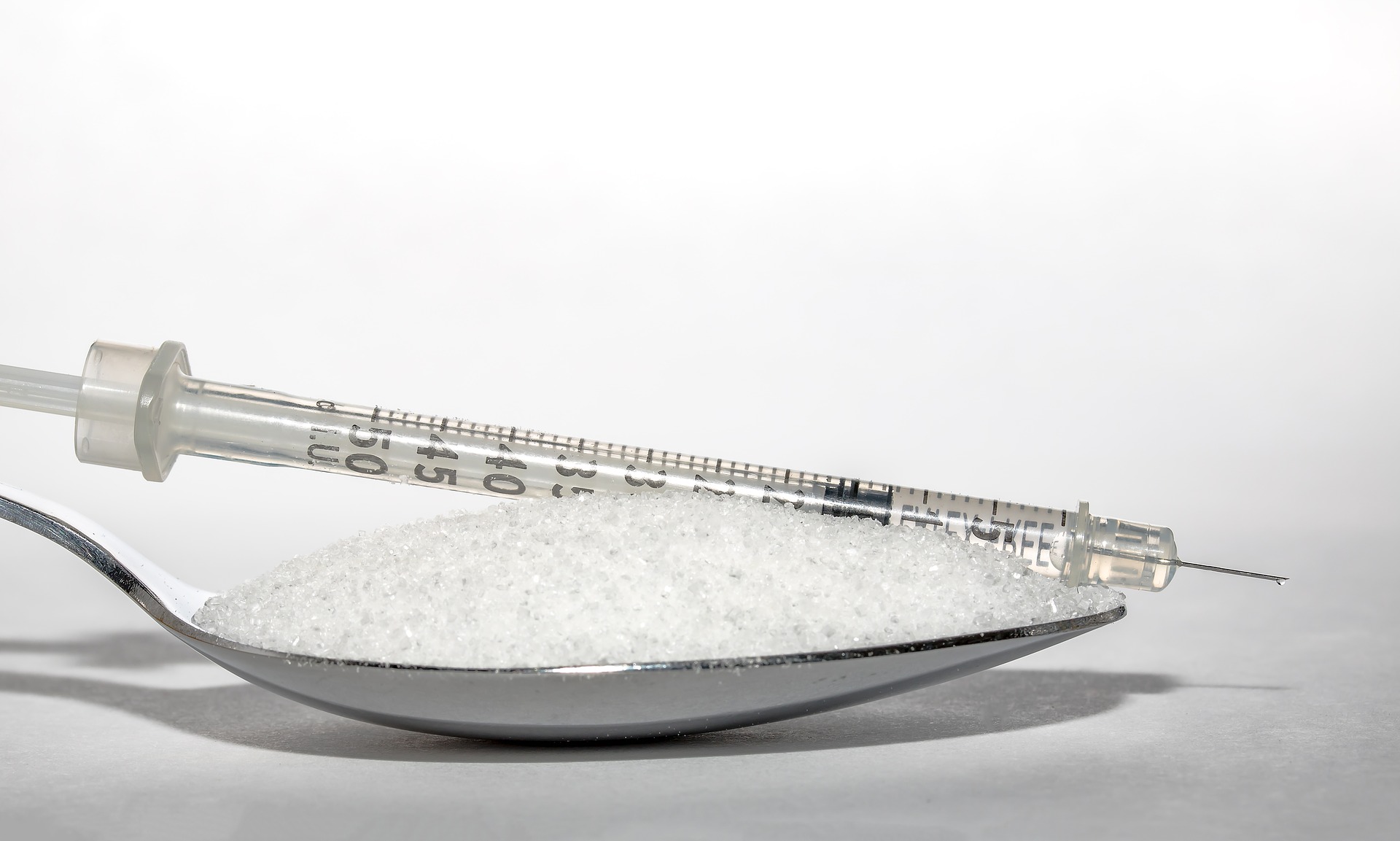
According to Diabetes.org, 30.2 million American adults were diagnosed with diabetes in 2015. American Indians hold the highest prevalence of diagnosed cases among both men and women. There’s a chance you may have diabetes… and you don’t even know about it.
Monitor your health by knowing the diabetes warning signs. Here are five common signs of diabetes everyone should keep an eye out for.
- Excessive Urination
With diabetes, your body can’t process sugar properly. Extra, unprocessed sugar will remain in your system until your kidneys take care of it. You know what happens when your kidneys flush things from your system? It makes you need to pee. That’s right: Diabetes leads to excessive urination.
Frequent urination may lead to dehydration, which leads to drinking more water – which leads to more frequent urination. It’s an endless cycle that you can only stop when you diagnose and treat your diabetes.
- Extreme Thirst and Hunger
Excessive thirst can be a result of dehydration from frequent urination. If you’re experiencing extreme thirst, your body is telling you it needs more water. Even though you may simply urinate again in a little while, you’ll want to make sure you don’t deprive yourself of the water your body needs.
If you’re urinating a lot, you may also experience extreme hunger. This is because each time you urinate, you lose a little bit more of the sugar and calories your body has taken in. This can lead to exhaustion and it also means that you’ll be unbelievably hungry, even if you’ve already eaten. These two signs of diabetes are nearly unmistakable.
- Numbness, Tingling, or Pain in Hands and Feet
Sometimes, the excessive sugar in your blood doesn’t get flushed out in time by your kidneys. In some cases, this can lead to nerve damage, which will feel like numbness or tingling in your hands or feet.
If you’re experiencing tingling, numbness, or pain in your hands and feet, you’ll want to see a doctor as soon as possible. A healthy body should never be in inexplicable pain.
- Blurred Vision
It takes a lot of water to flush out excess sugar from the body. If you’re dehydrated, your body may try to lower blood sugar levels by pulling fluids from body tissues, such as your organs and muscles. Your eyes are technically a tissue too, and if your body chooses to pull fluids from them, you may have difficulties focusing your vision and seeing clearly.
If blurry vision is left untreated, new blood vessels may form in the eye that further damage the retina. Retinal damage may lead to partial vision loss or complete blindness, so it’s important to see the signs of diabetes before you have trouble seeing anything at all.
- Slow Healing
When diagnosing diabetes, doctors and patients often notice slow healing for sores and cuts. In addition to causing tingling and numbness, nerve damage resulting from high blood sugar can reduce your body’s ability to heal and fight infection.
If your high blood sugar levels have caused nerve damage, you may experience sores or wounds that take longer to heal or you may be suffering from frequent, sustained infections.
Listen Up, Your Body Is Talking to You
Far too frequently in life, we neglect what is truly best for our bodies. When your body tries to tell you something, you need to listen.
One of the first signs of diabetes is fatigue, but our modern lives leave us feeling fatigued for many reasons. If you’re experiencing fatigue combined with one or more of the symptoms above, don’t dismiss what your body is telling you. Listen up, and see a doctor. Your doctor can help you learn how to prevent diabetes, or can get you the treatment you need if you’ve already developed symptoms.
Have you experienced any of these signs of diabetes? Contact Marimn Health at your earliest convenience so you can schedule a wellness checkup.

